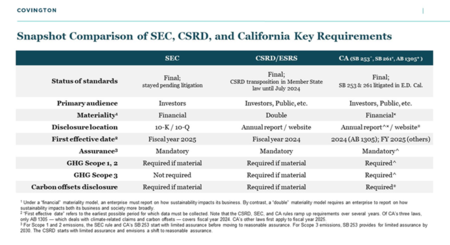The department is undertaking additional stakeholder engagement on the review into the regulatory settings for the export of live sheep by sea to, or through, the Middle East during the Northern Hemisphere summer.
The additional engagement follows high levels of interest in the review and acknowledges the complexity of the issues, the important implications for animal welfare and the practical requirements of any change to export processes.
Additional engagement will target animal welfare organisations, exporters, industry representatives and livestock producer representatives.
Interim regulatory settings for this trade were initially introduced in 2019 and were updated and finalised in 2020. The 2020 settings stipulated conditions for sheep exports during the Northern Hemisphere summer including prohibition periods for the hottest, most humid times, a limit on the body condition scores of exported sheep and the automated collection of deck wet bulb temperature data.
As part of its review the department examined data and reports for live sheep export voyages to the Middle East that occurred in the Northern Hemisphere summers of 2019, 2020 and 2021. The review also included detailed analyses of climate conditions in the Middle East by the Bureau of Meteorology.
Final 2021 voyage data was received in November and a draft report was released for consultation on 17 December 2021.
The draft report proposed revised prohibition dates based on new climate data, as well as the introduction of shoulder periods in which voyages would not be permitted unless additional conditions to mitigate the risk of heat stress in transported sheep were implemented.
During a six-week consultation period, the department met with several stakeholders and in the end received over 700 submissions on the draft report.
The additional stakeholder engagement will consider all available evidence, focus on proposed revisions to prohibition dates, and assess the practicability of the additional conditions proposed to better manage heat stress risks to sheep exported during this period.
This will include addressing issues arising from the Bureau of Meteorology analysis, in particular, that voyages to most Persian Gulf markets (other than Kuwait) are likely to experience hotter conditions for 10 days prior and 7 days after the current prohibition period than was determined when the prohibition periods were prescribed in 2019.
Arrangements for the commencement of the 2022 Northern Hemisphere Summer will be finalised as soon as possible.








